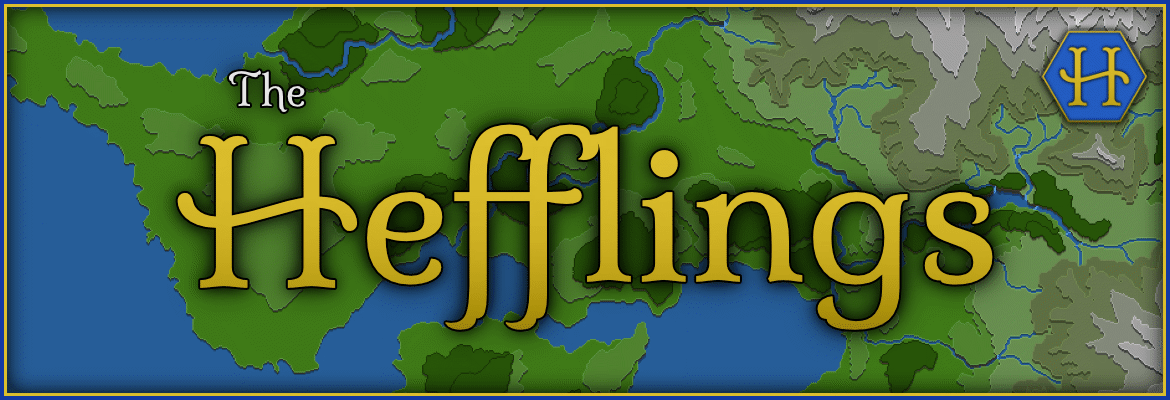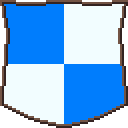Atharian Society
Atharians function under a Serfdom societal system, with the Nobilty at the top and the Serfs at the bottom.
First Class Citizen
These are wealthier citizens, who often express themselves as though they are part of the noble society, however, they are not nobility. These can range from well-off businessfolk to property owners.
Second Class Citizen
Although citizens are free to own property, they quite often do not. The Second Class are regularly Serfs who have only just been granted freedom or do own small property in which they also work at. Artisans often fall in this category, where they perhaps own a home with an attached workshop or place of conducting small business.
Members of Society
Nobility
The highest noble rank is the King/Queen of the realm. In Atharia there are 6 regions which are held by the 6 Kings & Queens of Atharia. Within nobility, there is a hierarchy structure of titles; Dukes, Counts & Barons. These titles are symbols of one's rulership over a region. This gives the noble the ability to collect taxes, which they can utilize to spend on state affairs, as well as pay their own taxes to their liege. For more information read the Atharian Nobility article.Lowlands
Ruled by the Queen of Brostia, Queen Saphielle. The Lowlands is the capital duchy of Brostia, which the title is also held by the Queen.Commoners
The commoners of society are everybody in a realm who isn't noble. These people are alleged to a noble, who is paid taxes either in coin or produce. In return the noble manages the realm's law and justice, military and foreign affairs.Citizens
The citizens are the 'freeman' of society. These people are not bound to any land but are still bound to the nobility of the land. They are expected to pay their taxes, but they are free to acquire the means to do so in any legal way they wish; such as owning land, running a shop/business or distributing goods as a trader.First & Second Class
Though not officially or legally so, Atharian citizens divide themselves into two classes; first and second. The most noticeable difference between the classes is their economical situation, where the first-class are often wealthier than the second. However, there are other subtle differences such as mannerisms, fashion and education. There are fewer first-class citizens than there are second.Serfs
A Serf is one who often works in the fields, forests, mines, and other laborious places. They are the lowest member of society who are have fewer rights than a citizen. Serfs are under a obligatory and lawful contract bound by oath to a . The Serfs live within the land of the Lord who must also tend to the land's work; farming, logging, mining; anything which the Lord requires. In return the Serfs are given accomodation and the ability to earn profit or produce from their labour. However, Serfs are also required to pay taxes, determined by their Lord.By who guides us, I, Name of Serf hereby pledge myself to the , Name of Lord/Lady; for whom shall reliquish me of this vow if they so choose. I give my effort, my heart and my life to my lord/lady, for which I shall rest in the warmth of my lord/lady's most honourable light that shall guide and protect me henceforth. My Lord/Lady I am yours.
Diverged ethnicities
Laws & Rights
Different realms of Atharia hold different laws and punishments. However, there are many common laws which everyone must follow. These laws include crimialising theft and murder.Freedom
Serfs in the whole of Atharia are able to be granted freedom, in the form of Citizenship of the realm in which they reside in. This can be granted to the . A deed such as this is a rare privilage which many Serfs can only dream of.Economy
Trade is conducted via coin, commodities and contract. Citizens are able to acquire items either through purchasing them with coins.Coins
Language
is the adopted language of the entirty of the Atharian Alliance. Most of the words and grammar are based off of Lorlundian, with some words derived from languages across Atharia, including some Raelish words. It is expected in many places of Atharia to be able to speak, read and write in Athari; in fact it is often law in some areas.Remove these ads. Join the Worldbuilders Guild




This is a really nice summary of the society. I feel kind of sorry for the serfs, especially as they are not allowed to own money.
Explore Etrea | March of 31 Tales